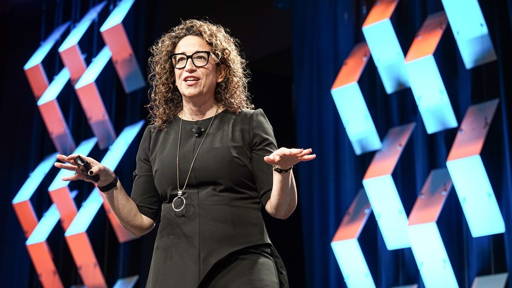According to the 278-participant study digital technology such as remote monitoring can certainly make a difference. Seniors living alone can stay in their own homes as long as possible, with the idea that it keeps them rooted and connected to their community. It’s also a lot more affordable than senior living facilities where hidden costs are legion and seniors might just as easily fall down and require hospitalization anyway.
Remote monitoring was done by passive sensor data collection recording daily activities such as kitchen activity (like cooking and opening and closing the refrigerator), sleeping, and bathroom use. Data was collected for 12 months to determine healthcare use and costs in an intervention group and contrasted with data from two control groups.
The study used sensors developed by Healthsense, Medcitynews writes. The clinicians for the 74-person group using the sensors received information concerning those members’ home behaviors, such as a person waking up more than usual at night to use the bathroom or taking longer than usual to return to bed. Trending and real-time alerts triggered a call from the GreatCall response center to check on a participant. If the participant was unwell or unreachable, the response center then called a family member.
The report on the study also considered that since participants could choose whether or not to have the sensors. Those who opted for them could have been more health conscious and interested in proactive approaches for their health compared with the other groups.
Lower costs in control group
One of the control groups was a concurrent group of enrollees who declined the technology. The other was a historical cohort matched by age to the participation Group. Costs for inpatient services, emergency department visits, longterm care, skilled nursing facilities, and ambulance care were at least 10 percent lower in the group using the sensors. But the cost savings between the groups were deemed not to be statistically significant for per-member, per-month costs, the study concludes.The study used sensors developed by Healthsense, Medcitynews writes. The clinicians for the 74-person group using the sensors received information concerning those members’ home behaviors, such as a person waking up more than usual at night to use the bathroom or taking longer than usual to return to bed. Trending and real-time alerts triggered a call from the GreatCall response center to check on a participant. If the participant was unwell or unreachable, the response center then called a family member.
Lackluster results
Some of the factors thought to have produced the lackluster results were the relatively small size of the study as well as the fact that all participants were on the same health plan (Fallon NaviCare, a Massachusetts-based healthcare plan for seniors).The report on the study also considered that since participants could choose whether or not to have the sensors. Those who opted for them could have been more health conscious and interested in proactive approaches for their health compared with the other groups.








